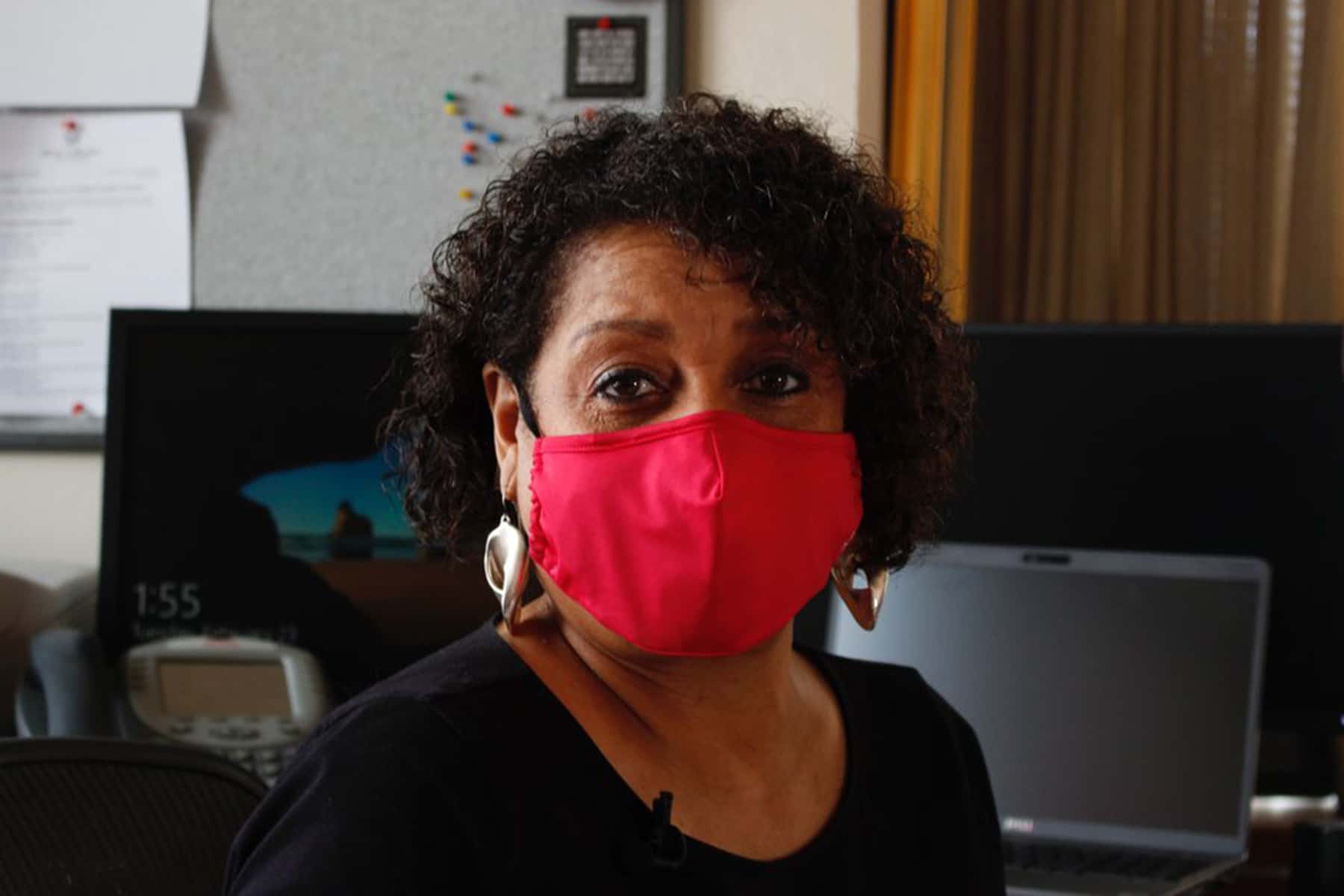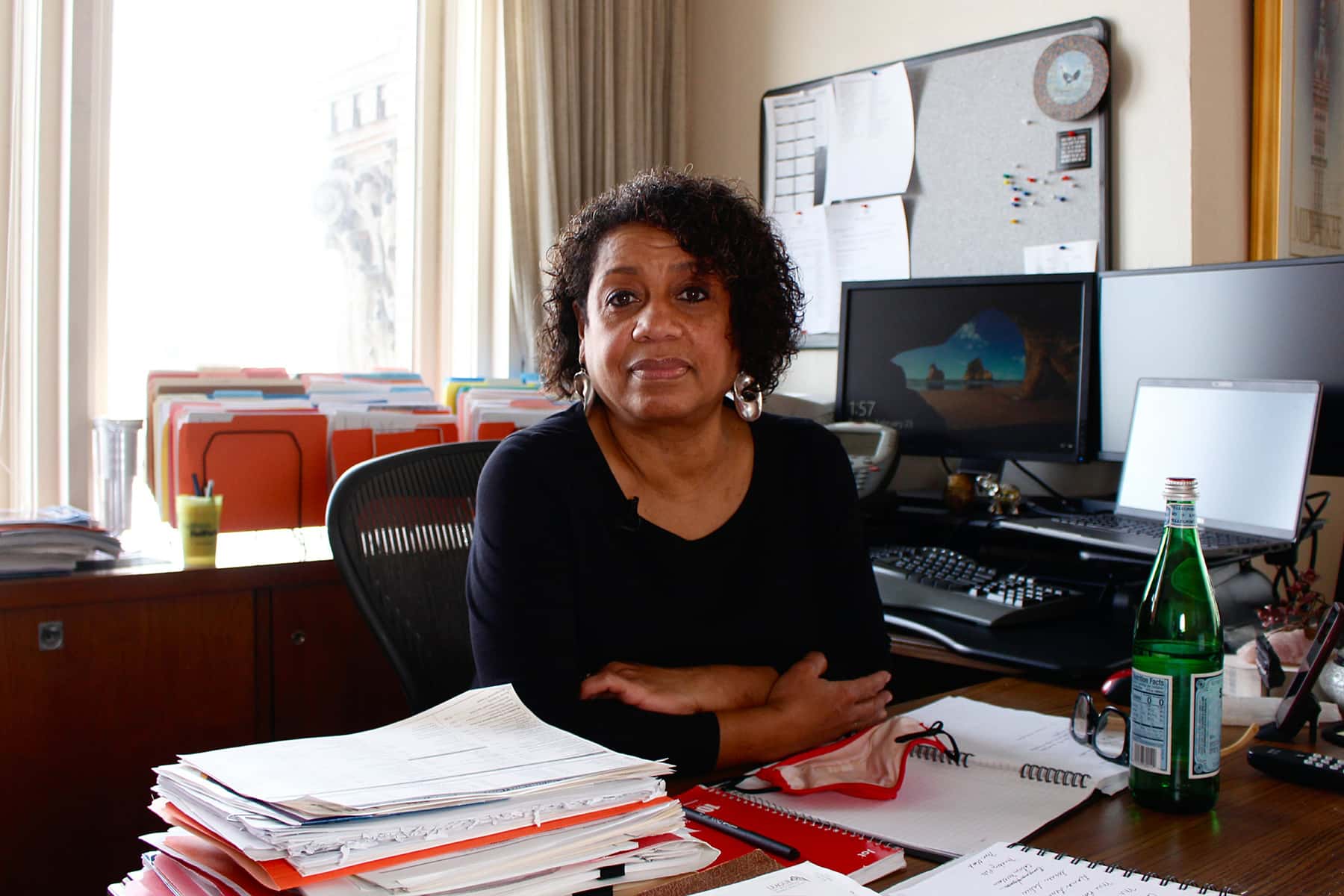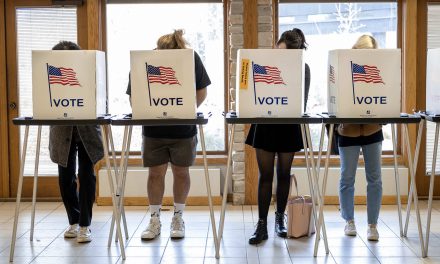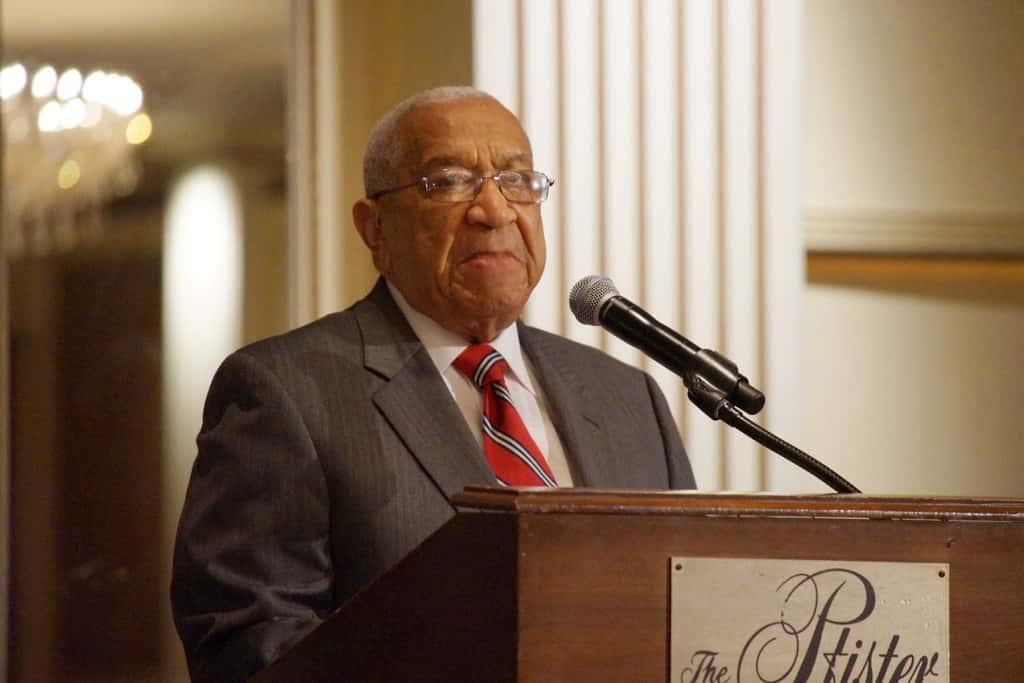
The first person Kimberly Montgomery lost to COVID-19 was her aunt. She had trouble breathing, so her daughter dropped her off at the emergency room. It was the last time her daughter saw her alive.
Then, one after another, 14 other people in Montgomery’s world — family members, friends, friends who were like family — succumbed to the same disease. There was the retired police officer who was an usher and deacon at her church. A friend’s brother who was a restaurant cook. A close friend who was a nurse caring for virus patients in Atlanta. A cousin who came home from the hospital after 12 days thinking she was getting better, but did not. An artist and drummer for an African dance company.
It was an unimaginable string of losses in the year since COVID-19 was declared a pandemic, and all but one of those who died was Black, like Montgomery.
“I don’t know if I ever will … process all of them,” said Montgomery, 59. She added: “The shock factor, it never wears off. But it tempers.”
Black people nationwide represent about 12 percent of the population, but they account for nearly 15 percent of all coronavirus deaths of known race, according to the APM Research Lab, which is tracking mortality from the disease. More than 73,000 Black Americans have died from COVID-19, and they have the second-highest mortality rate of all racial groups, behind Indigenous people.
At the same time, Montgomery has seen her community grapple with a nationwide reckoning on race and policing and other systemic issues. Her personal pain has only strengthened her resolve to work for the public good — including in her job as director of intergovernmental relations for the city of Milwaukee.
“Hearing the statistics … seeing the incidents in Minnesota and the George Floyd incidents and the Kenosha incidents, that’s what keeps me going,” said Montgomery. “Because these victims are looking like me.”
Montgomery has spent much of her time in the past year advocating for COVID-related funding for Milwaukee. She’s also working with the Milwaukee alumni chapter of Delta Sigma Theta, a historically Black sorority, to raise awareness about vaccines and testing through social media and virtual events. Montgomery is one of those people who laughs easily and a lot, earning the nickname “Sunshine” throughout her life.
She works closely with Milwaukee Mayor Tom Barrett, who said Montgomery has always known the importance of her work, but he has recently sensed more urgency.
“This is not a theoretical exercise for her. It’s very real,” Mayor Barrett said. “Her experiences have enhanced my perspective as well. It brings home how devastating this last year and this pandemic has been.”
Montgomery de-emphasized her own bereavement – saying that others have suffered greater losses of spouses or parents, and she grieves for her friends and family. Otherwise, Montgomery works mostly from home and has been diligent about wearing a mask when she is out.
“I get very emotional about that. I find myself getting upset if people, if I see individuals who don’t even have the mask over their nose. It’s ineffective. And it really bothers me,” Montgomery added. “My prayer every night is fo everybody who’s dealing with this disease.”
But Montgomery also has a newfound appreciation for life, noticing things like the birds chirping in the background when she speaks to her 31-year-old son on the phone. Still, COVID-19 is never far from her thoughts.
Cаrrіе Аntlfіngеr
Cаrrіе Аntlfіngеr















